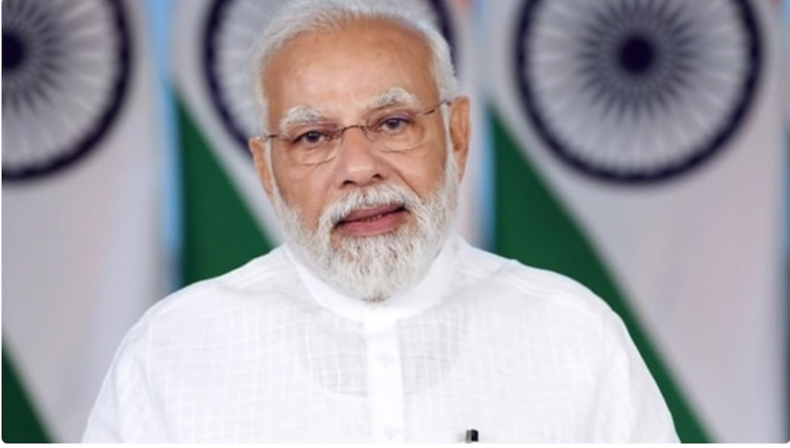The Supreme Court called for a panel to be formed to help control the irrational freebies promised by political parties during elections. It was as if there was competition among political parties as to who can give more freebies.
The Narendra Modi government had already supported a PIL asking to put a stop to the ‘freebie culture’. Contrarily, a PIL was filed in the Supreme Court by a BJP spokesperson.
In the recent elections, Aam Aadmi Party (AAP) offered 300 units of free electricity to the people of Punjab. Along with free healthcare and education.
It becomes a problem for states like Punjab and Andhra Pradesh which are highly indebted. Freebie culture increases the burden on the states.
Central government is planning to curb the ‘freebie culture’ and ask the states to be more accountable towards their fiscal position.
N.K. Singh, chairperson of the 15th Finance Commission, said in the Financial Express that while states’ share of central taxes is their right, revenue deficit grants given monthly to them could be linked to the curbing of freebies and off-budget liabilities.
The main aim of the grants given to the states by the finance commissions to bridge the gap in the revenue accounts of the states.
Rewari Culture
Last month in an event in UP, PM Modi took a jibe at the parties resorting to freebies to garner votes. In his statement he referred to the freebie culture as “free-ki-rewari”
In an online briefing, CM Arvind Kejriwal accused the Modi Government of writing off loans to their Industrialist friends.
These developments especially make sense in view of the forthcoming Gujarat elections. Gujarat is the home state of PM Modi, where AAP has been making long strides.
Arvind Kejriwal has already promised 300 units of free electricity for the people of Gujarat. ‘Implementation of free electricity would start after three months of forming the government,’ Kejriwal promised.
Read More: PM Modi: West Bengal CM Mamata Banerjee Meets in Delhi (asianatimes.com)












